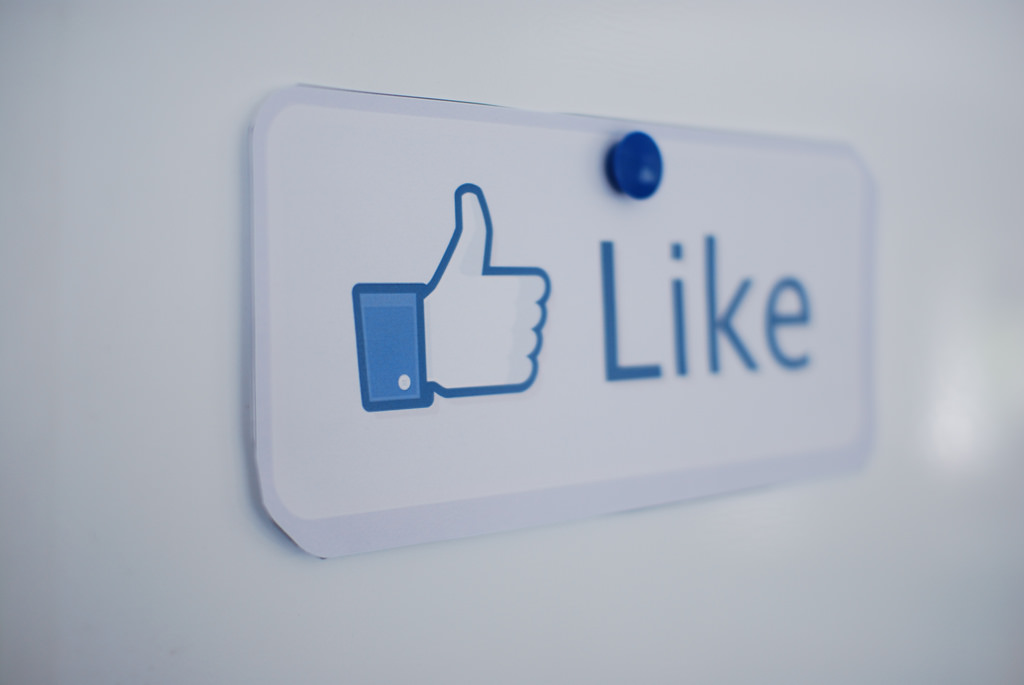Facebook is an echo chamber. Whatever you like and share is tracked, and, in turn, the social media network shows you more stuff you may like. You may end up following friends you haven’t spoken to in years, simply because you like what they post. You are surrounded by every belief and every opinion you have in this echo chamber, and this is something you have, consciously or unconsciously, designed. And sometimes, you share stuff that isn’t true, because it aligns with your beliefs.
I am guilty of that. And so many news organisations are guilty of not fact-checking, putting together quick posts that will go “viral” because hits are more important to them. (I used to work for one, so I know.) “So what if something isn’t fact-checked? Who cares? We have to be first!!!1! ’cause we have to get all the hits and advertiser can pay the site more money because that is the only way of earning money.”
It’s pretty sad; no one wants to pay for content and media companies are scrounging around for cash. Some teams even function without proper editors and fact-checkers, or have a team without proper training. The quality of the news is diminishing, and while it’s definitely the onus of the publishing world to fact-check, no one does it anymore and we have to step up.
Nowadays it’s relatively easy to check something. If it’s an image, right click the image and click “search Google for this image” to see if what the writer is claiming is true. Or Google for the same bit of information just to see if other sources have verified it. It really doesn’t hurt.
Or y’know, you could stop sharing clickbait or articles that aren’t helpful.
Don’t indirectly pay the journalist who writes inane articles. Click on the articles that you think are helpful. If everyone does this, we’ll hopefully have more media outlets that are responsible and actually uphold values like integrity (and hopefully less articles about Kim Kardashian).
Image from Thomas Angermann
